Your Story Matters
Is your story special enough to write?

As the publication date for The Only Way Through Is Out approached, excitement—and fear—bubbled up inside me:
Would anyone want to read another coming-out-later-in-life story?
Maybe this was just no...
Why I Read and Write Memoir
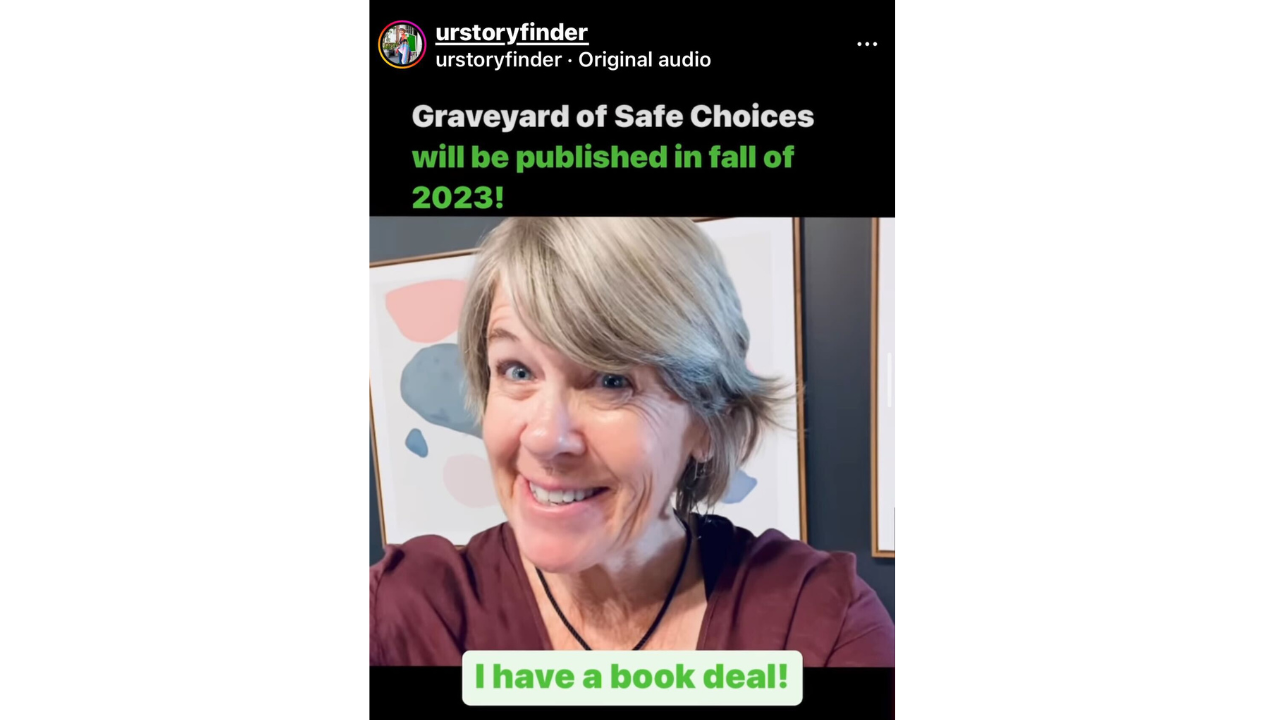
Behind the public-facing (Instagram) joy of landing my book deal, life is, as Glennon Doyle calls it, "Brutiful." Brutal + beautiful!
My 87-year-old mom fell eleven weeks ago and the stress hasn't le...
How to Find the Unique Angle for Your Memoir
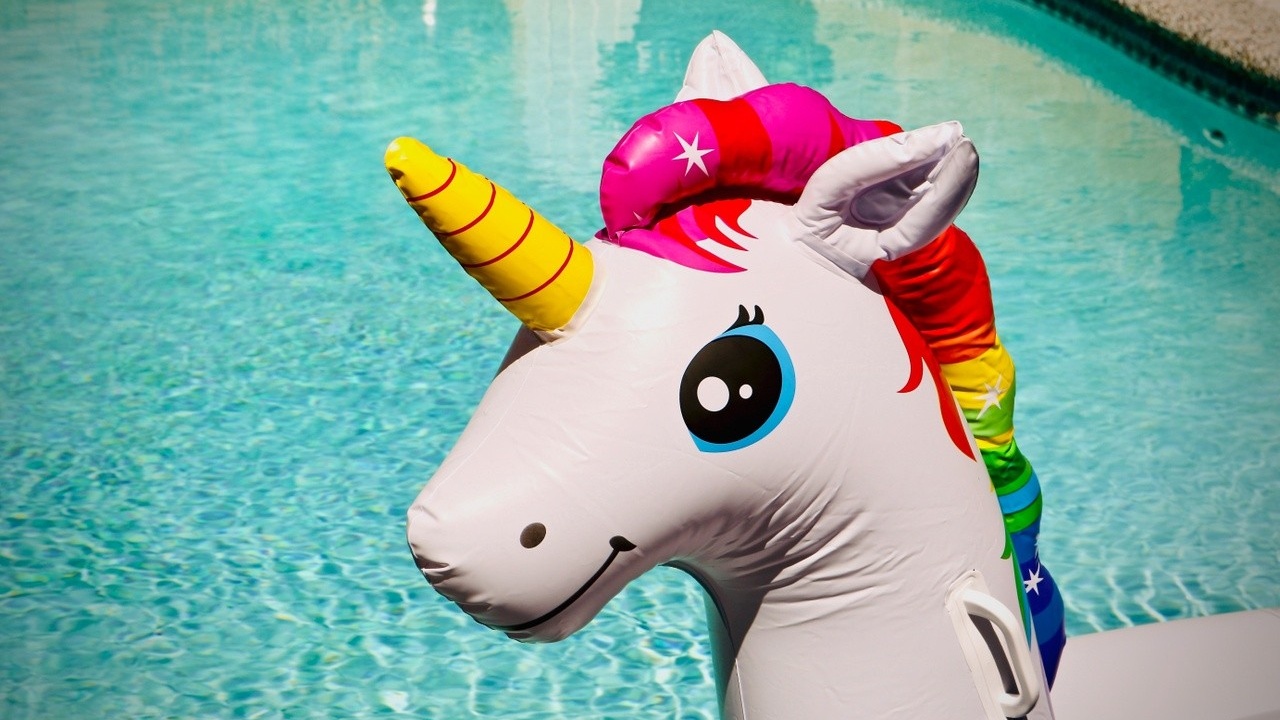
"We're really excited about your book," the thirty-something editor said to me. "Because we want to publish the plurality of the queer experience."
Maybe that was her nice way of saying that there ar...
The Truth About Who Needs to Read Your Story
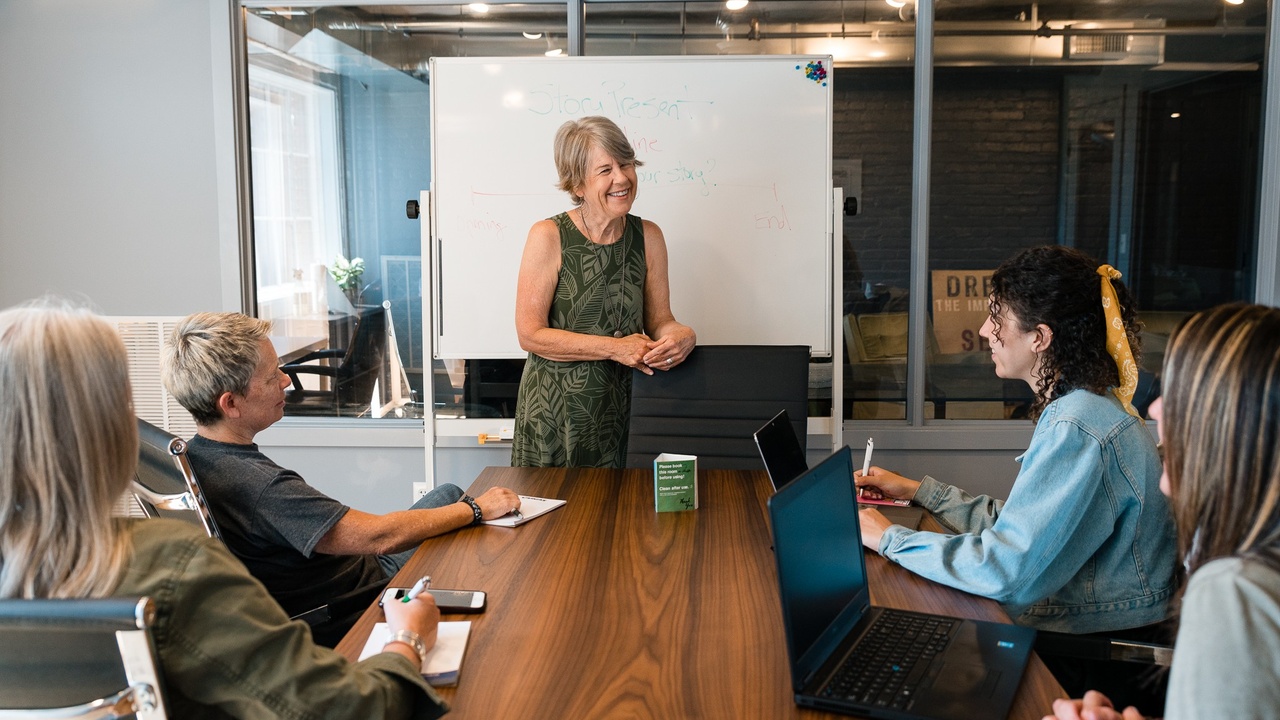
When I ask my book coaching clients WHY they want to write their story, they typically say something like:
"I want to write the book I wish I had when I was going through X."
I get that.
When I was...
Representation Matters
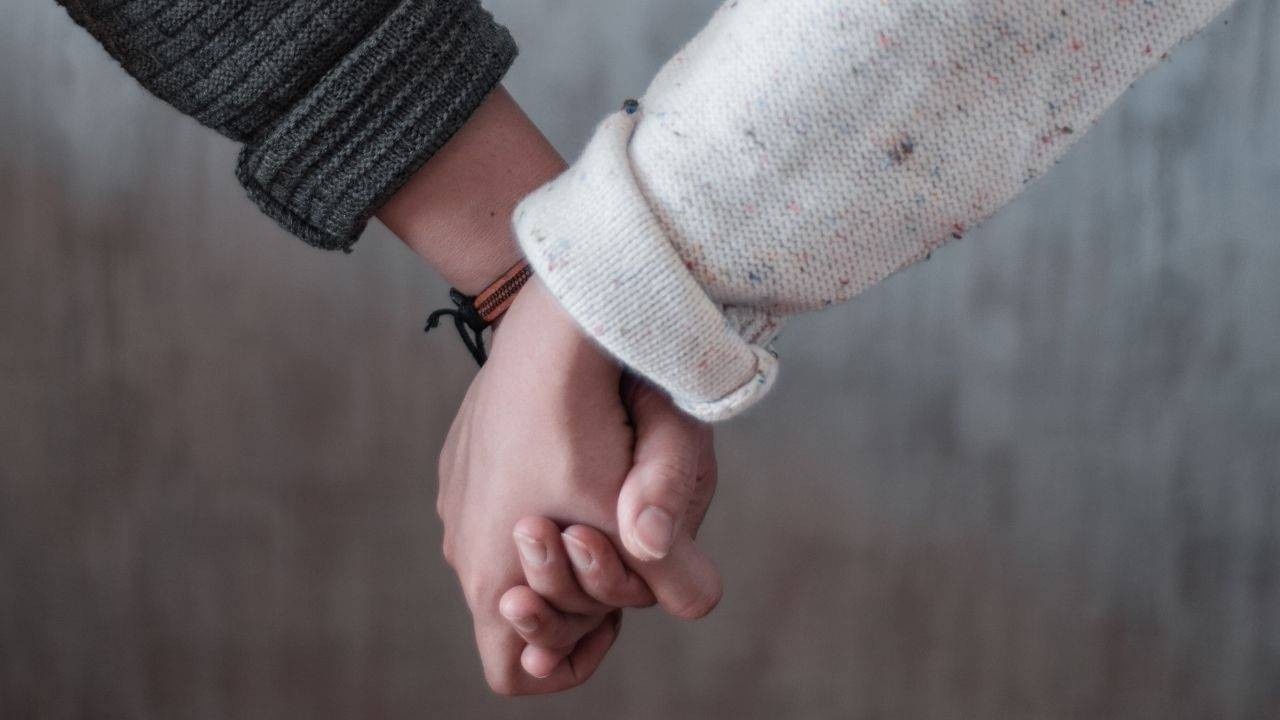
I'm in a conference room at my wife's workplace, Temple University, here to celebrate the investiture of the university's new president and go to the homecoming game.
Every so often, Wendy pops her h...
Celebrate the Milestones in Your Memoir Journey
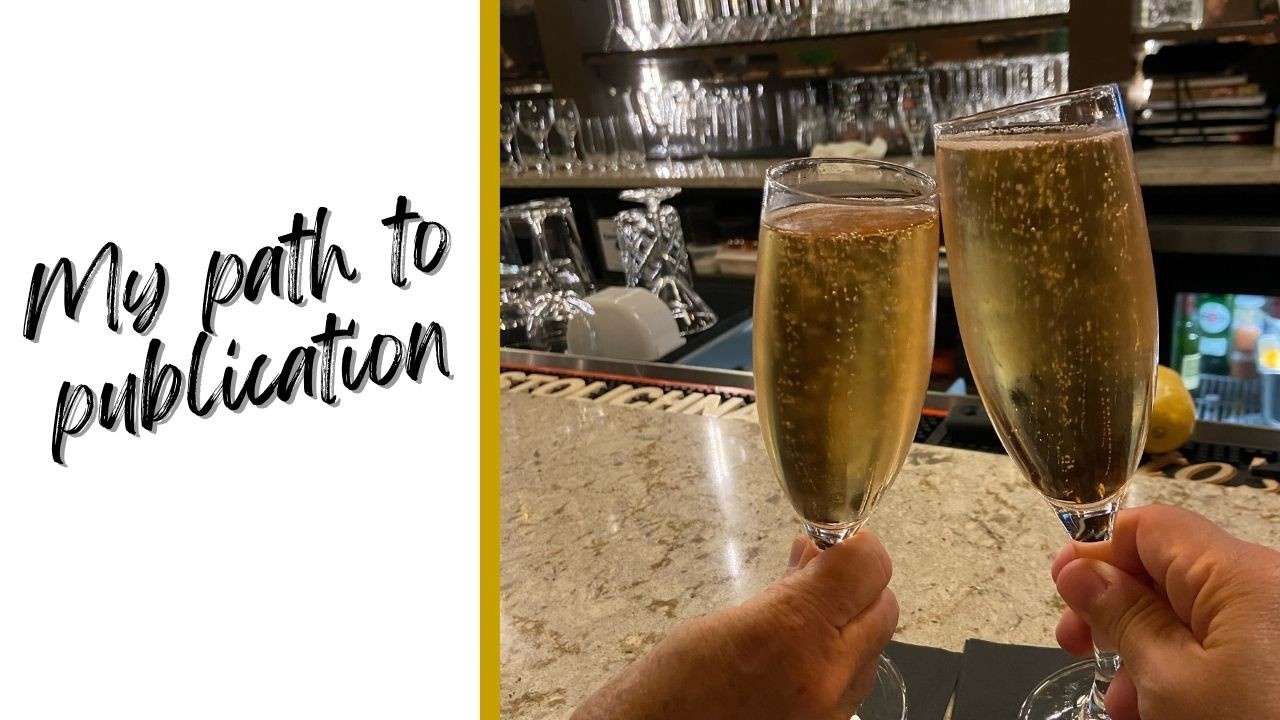
My heart nearly stopped when I read the subject line of the email:
Readers Reports: Graveyard of Safe Choices
[Note the title of the memoir later changed to THE ONLY WAY THROUGH IS OUT]
The email f...
What Memoir Writers Fear Most

Beck came to me last spring with a vague idea about the story he wanted to write.
Snippets of experiences from my childhood living as a girl and moments of parallel in adulthood, as I re-experience f...
The #1 Key to Writing a Memoir That Works

I once heard an editor from one of the Big 5 publishers say: “I’m looking for books that are both completely unique and exactly the same.” And she laughed.
I laughed too.
But now I've come to belie...
Don’t Read the Comments
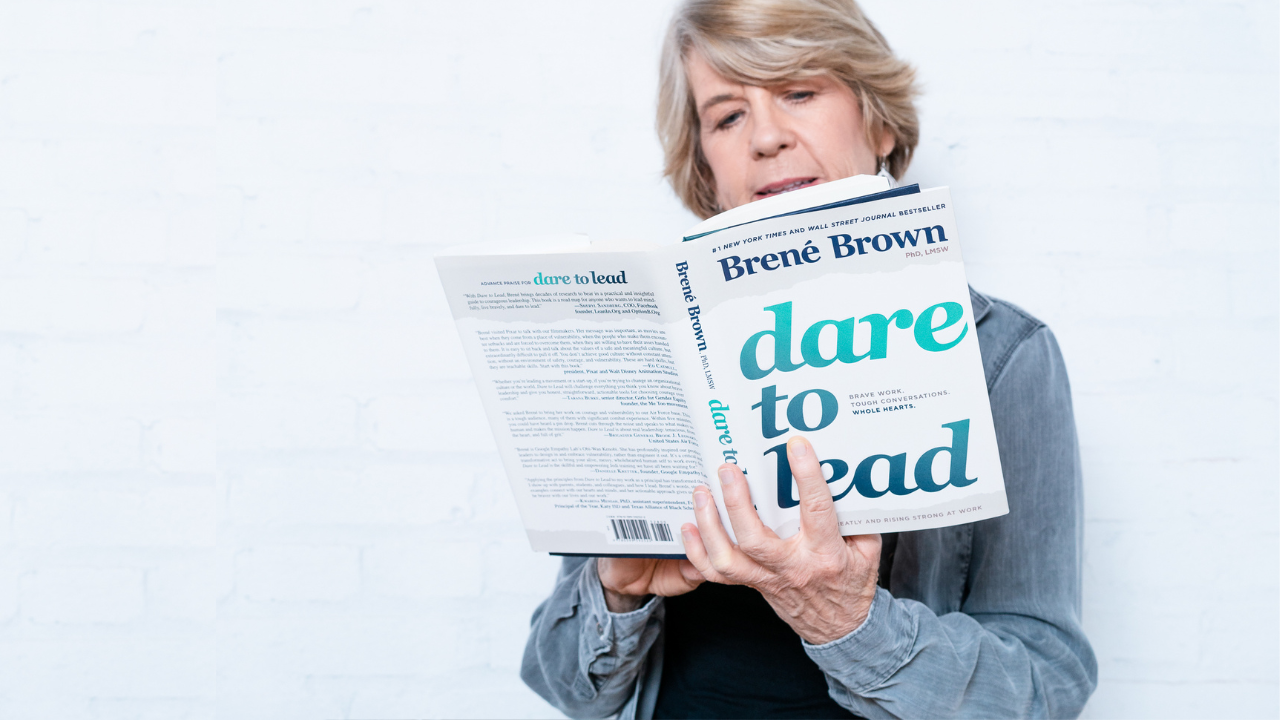
I’ve finally arrived as a writer because now I know why they say “Don’t read the comments.”
Insert sad face.
If you’ve read my latest newsletters or you follow me on social media, you know that I h...
What's My Story Really About Anyway?

My essay “The Subaru Should Have Been a Sign,” went viral on today.com.
I still can’t freaking believe it.
In case you haven’t read it yet, click on this link.
Barb from Subaru Customer Service rea...


